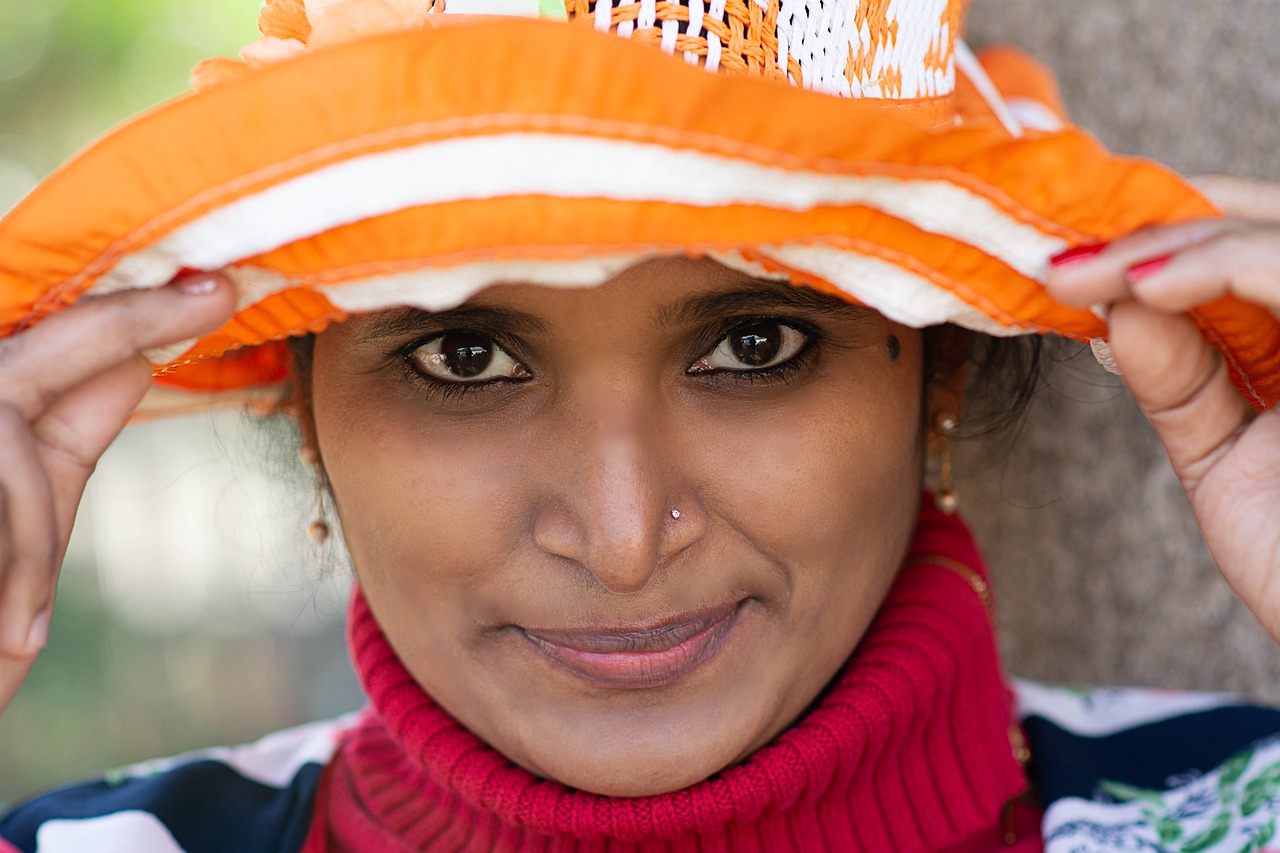Voter ID Verification: Challenges for Voters in Remote Areas: Betbhai9, Playexch in login, Lotus 365.vip
betbhai9, playexch in login, lotus 365.vip: Voter ID Verification: Challenges for Voters in Remote Areas
Living in a remote area often comes with its own set of challenges. From limited access to basic amenities to difficulty in transportation, remote residents face various obstacles in their daily lives. One such challenge that often gets overlooked is voter ID verification.
In many countries, including India, having a valid voter ID is essential to exercise one’s right to vote. However, for residents in remote areas, obtaining and verifying a voter ID can be a daunting task. Let’s explore some of the challenges they face:
1. Lack of Government Offices
Remote areas often have a shortage of government offices where residents can apply for a voter ID or get their IDs verified. This means that residents might have to travel long distances to the nearest government office, which can be both time-consuming and expensive.
2. Poor Connectivity
Remote areas typically have poor internet and phone connectivity, making it difficult for residents to verify their voter IDs online. This means that they have to rely on physical documents and visits to government offices, adding to the already existing challenges.
3. Limited Awareness
Many residents in remote areas might not be aware of the importance of having a voter ID or the process involved in obtaining one. Lack of awareness can result in residents not having a valid ID when it comes time to vote.
4. Language Barriers
In some remote areas, residents might speak a different dialect or language, which can make it challenging to fill out forms or communicate with government officials. This language barrier can further complicate the process of voter ID verification.
5. Lack of Proper Documentation
Residents in remote areas might not have access to proper documentation required for voter ID verification, such as birth certificates or address proofs. This can prevent them from obtaining a valid ID and participating in the electoral process.
6. Limited Transportation
Access to transportation is often limited in remote areas, making it difficult for residents to travel to government offices or polling stations for voter ID verification. The lack of transportation options can act as a significant barrier to exercising their right to vote.
Despite these challenges, it is essential to ensure that residents in remote areas have access to a valid voter ID. Governments and election authorities need to take proactive measures to address these obstacles and make the verification process more accessible to all.
In conclusion, voter ID verification poses unique challenges for residents in remote areas. By addressing issues such as lack of government offices, poor connectivity, limited awareness, language barriers, lack of proper documentation, and transportation constraints, we can empower remote residents to participate fully in the electoral process.
FAQs
Q: Can residents in remote areas vote without a voter ID?
A: In most countries, having a valid voter ID is required to vote. However, some jurisdictions may allow alternative forms of identification for residents in remote areas.
Q: How can governments make voter ID verification more accessible to remote residents?
A: Governments can set up mobile verification centers, provide outreach programs to raise awareness, ensure language support, simplify the documentation process, and improve transportation infrastructure in remote areas.
Q: What can residents do if they face challenges in verifying their voter IDs?
A: Residents can reach out to local government officials, community leaders, or election authorities for assistance in overcoming challenges related to voter ID verification.







